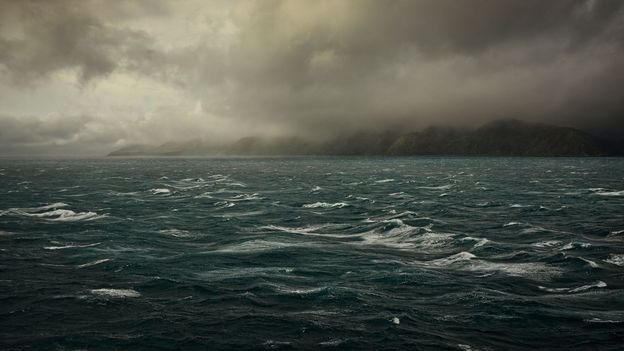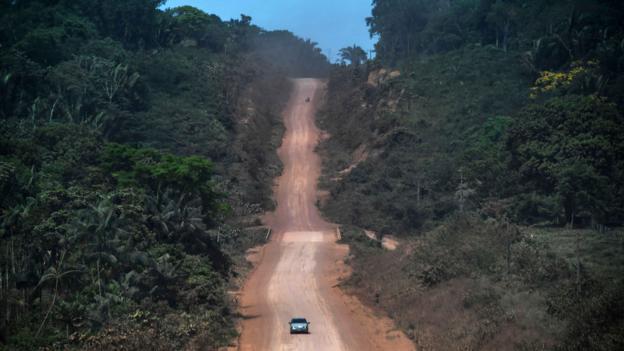Washing our hands with a cooler, more comfortable water temperature, along with soap and a bit of elbow grease, could end up being kinder to the climate and just as hygienic.
Overall, individual water-use decisions can’t be one-size-fits-all. “It’s this funny blend of science, morality, public investment, commercial provision, the economy and working hours,” says Shove of people’s very diverse washing habits.
Thornton agrees, arguing that it’s necessary to understand why people wash the way they do, for instance, to get at how they might conserve water while also not breaching their fundamental right to water. People have different motivations for how they shower. An office worker who uses a shower to mark the start of her day, for example, might want to find another ritual such as brewing tea to get going in the morning. (Read more about the peculiar bathroom habits of Westerners.)
Governments can move things along too. For instance, encouraging the use of water meters and water efficiency labels on appliances can help people make better decisions. According to the water research and advocacy group Waterwise, if UK building regulations adopted a mandatory water label associated with a target of 85 litres per day, this would cut CO2 emissions by 55.9 million tonnes over 25 years. This would be equivalent to taking nearly a million cars off the road each year during that period.
But the good news is that some of the most impactful changes will come from tweaks to our daily habits. “The CO2 cost of water is 80% what we do with it in our homes,” says Thornton.
Just a few small changes to the way we wash could make a big difference.
—
Smart Guide to Climate Change
For most BBC Future readers, the question of whether climate change is happening is no longer something that needs to be asked. Instead, there is now growing concern about what each of us as individuals can do about it. This new series, our “Smart Guide to Climate Change”, uses scientific research and data to break down the most effective strategies each of us can take to shrink our carbon footprint.
—
Join one million Future fans by liking us on Facebook, or follow us on Twitter or Instagram.
If you liked this story, sign up for the weekly bbc.com features newsletter, called “The Essential List”. A handpicked selection of stories from BBC Future, Culture, Worklife, and Travel, delivered to your inbox every Friday.












